New Delhi: The year 2024 marked a transformative moment in global politics, with a record number of critical elections shaping the future of governance and international relations.
From Taiwan’s defence-focused presidential race amid tensions with China to India’s pivotal parliamentary elections determining Prime Minister Narendra Modi’s third term, the political landscape saw significant shifts.
In the Americas, the US saw the return of Republican Donald Trump as President for a second non-consecutive term while Mexico preferred continuity under leftist leadership. Europe grappled with the rise of nationalist parties in Austria and Belgium, reflecting broader populist trends.
Here is a look at some key elections held across the year 2024 starting with India’s immediate neighbours.
Bangladesh
The 2024 parliamentary elections in Bangladesh, held on January 7, marked a significant and contentious chapter in the nation’s political history. These elections, conducted for the 350-member Jatiya Sangsad, faced widespread criticism for their fairness, inclusivity, and democratic integrity.
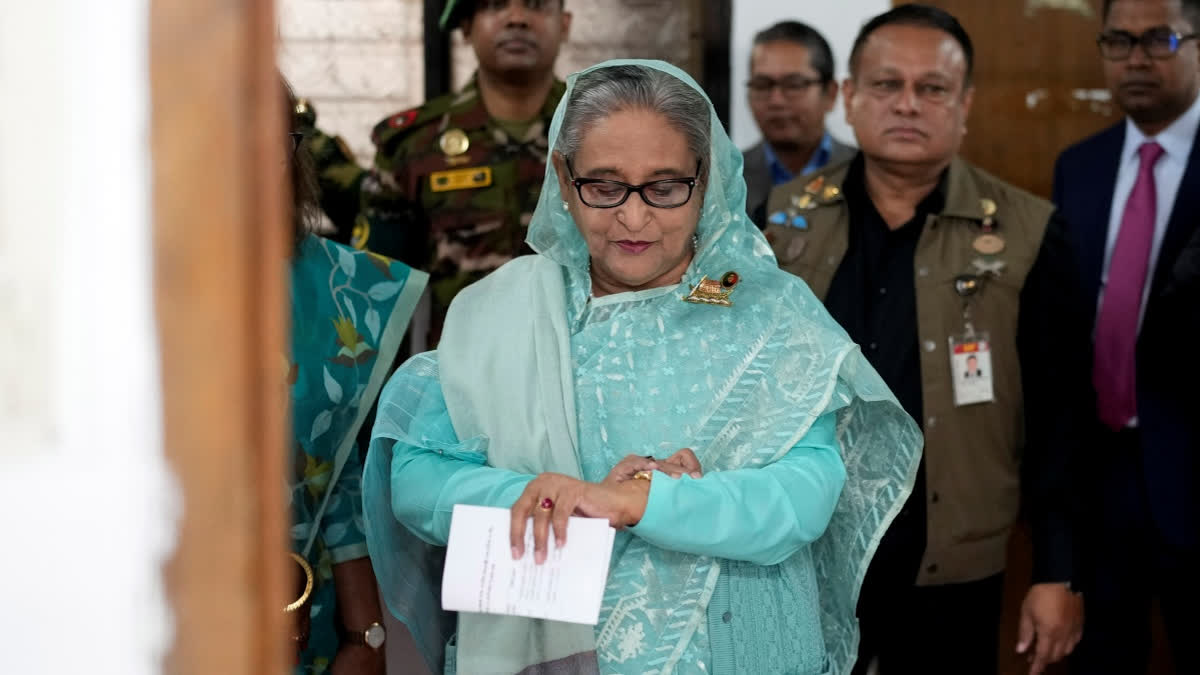
The ruling Awami League (AL), led by Prime Minister Sheikh Hasina, secured a fourth consecutive term, winning 224 of the 300 contested seats. However, the elections were marred by boycotts from major opposition parties, including the Bangladesh Nationalist Party (BNP), which accused the government of suppressing opposition voices and creating an uneven playing field.
The aftermath of the election witnessed protests and criticism from global actors, with Western nations like the US and the UK questioning the democratic credibility of the process. In July and August 2024, a students’ movement in protest against job reservations snowballed into a mass uprising that forced Sheikh Hasina to resign, leading to the dissolution of the 12th Jatiya Sangsad and the establishment of an interim government headed by Nobel laureate Muhammad Yunus as the Chief Adviser. Fresh elections are expected to be held in India’s eastern neighbour to restore democratic norms.
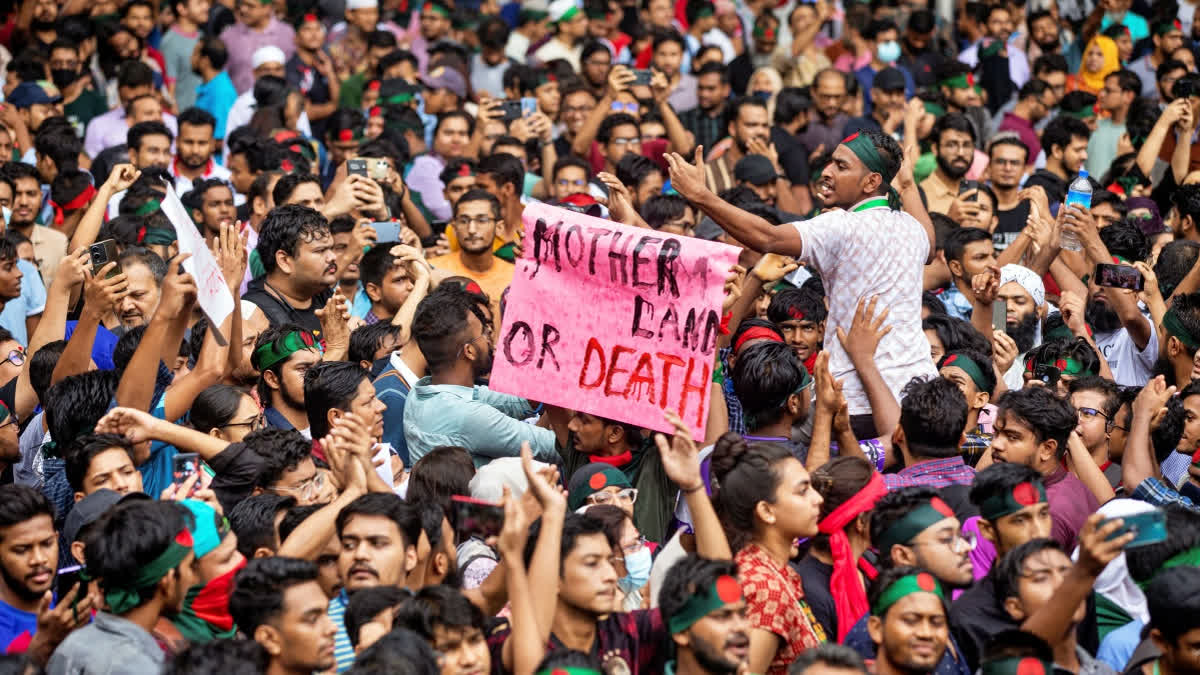
Bhutan
In the Himalayan kingdom of Bhutan, National Assembly elections were in two rounds – a primary round on November 30, 2023, and a runoff on January 9, 2024. These were the fourth parliamentary elections to be held in the country after it transitioned into a democracy in 2008.
The final round was held between the top two parties emerging from the primary round, the People’s Democratic Party (PDP) and the Bhutan Tendrel Party (BTP). The PDP emerged victorious, securing 30 of the 47 seats in the National Assembly. This victory brought Tshering Tobgay back as the Prime Minister for a second term, as he previously served in the role from 2013 to 2018.
Pakistan
In Pakistan, another of India’s neighbours, elections to the National Assembly were held on February 8. Key dynamics of the elections were shaped by the sidelining of former Prime Minister Imran Khan and his party, Pakistan Tehreek-e-Insaf (PTI). Following his imprisonment and the banning of PTI’s electoral symbol, many PTI-associated candidates ran as independents, securing over 100 seats and becoming the largest single group in the assembly.
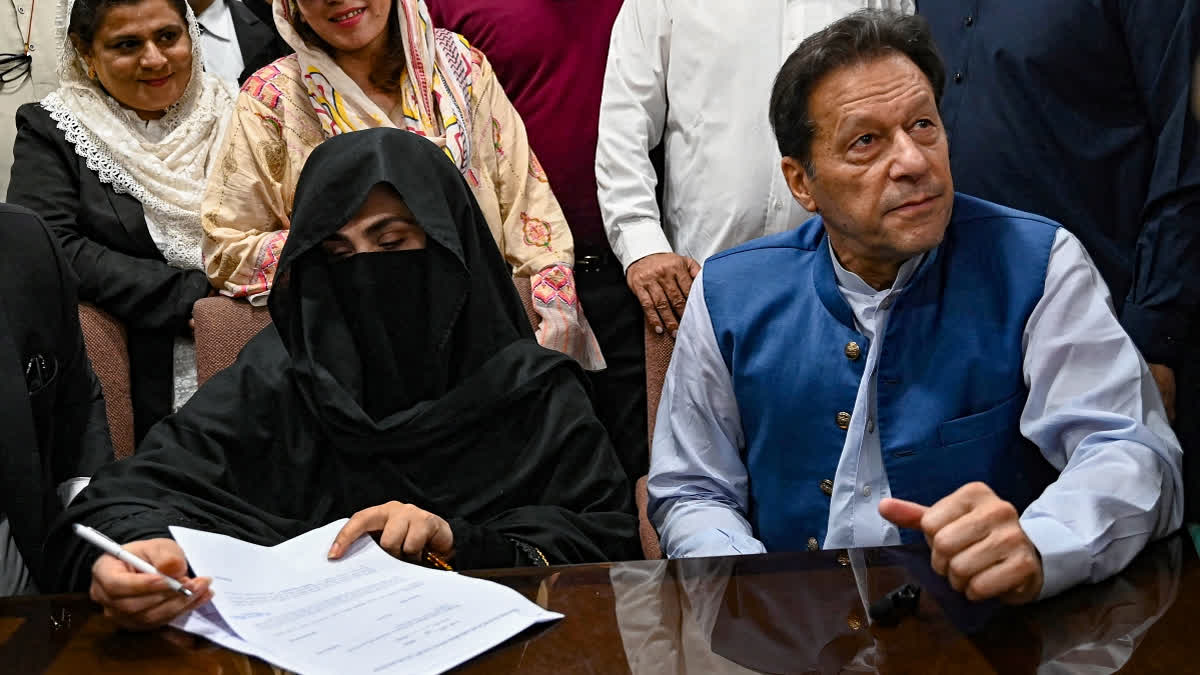
However, they lacked the necessary coalition to form a government. The Pakistan Muslim League-Nawaz (PML-N), led by Nawaz Sharif, emerged as the largest formal party with 75 seats, followed by the Pakistan People’s Party (PPP) with 54 seats. A coalition government was subsequently formed by the PML-N and PPP, along with smaller parties, under Prime Minister Shehbaz Sharif.
Sri Lanka
In Sri Lanka, the presidential election held on September 21 saw Anura Kumara Dissanayake of the National People’s Power (NPP) alliance defeating his rivals to secure the presidency. This victory signified a shift from the previous regimes and was seen as a response to widespread dissatisfaction with the ruling elite during the economic and political crises of recent years.
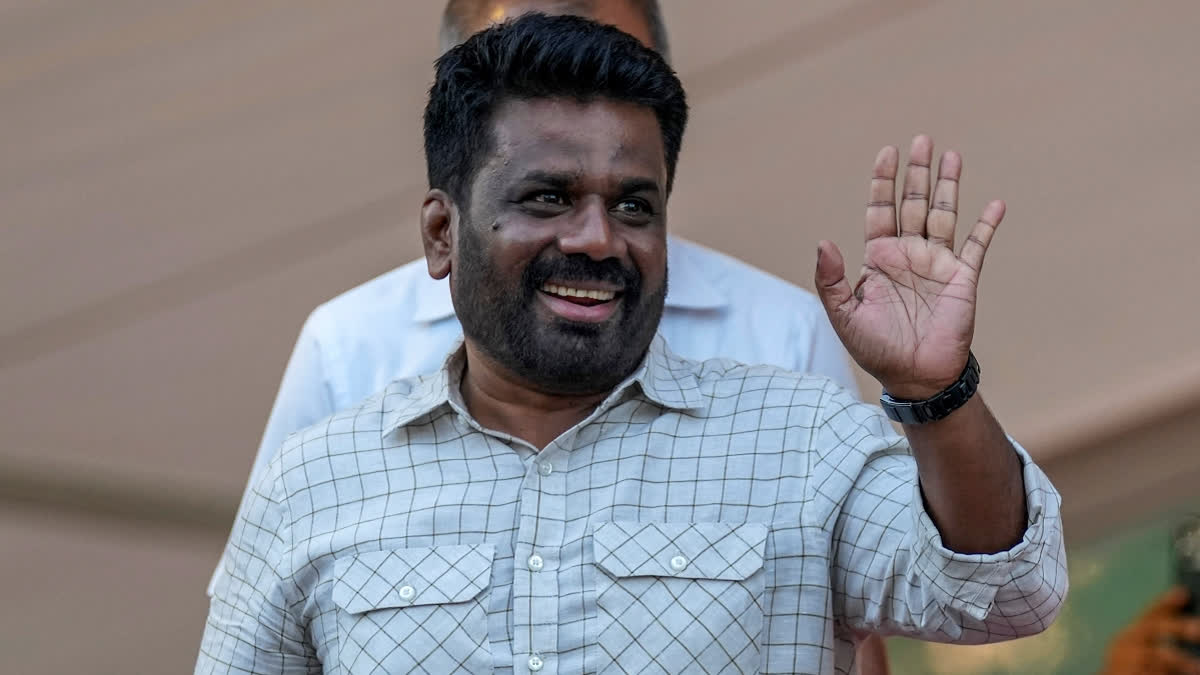
Following the presidential election, parliamentary elections were conducted on November 14. The NPP secured a historic landslide, winning 159 out of 225 seats, which is unprecedented under Sri Lanka’s proportional representation system. This supermajority enabled the NPP to pursue its ambitious reform agenda, including constitutional changes and economic restructuring. It also marked a significant increase in women’s representation in parliament, with 21 female MPs elected -- a record in Sri Lanka’s history.
Indonesia
Moving away from South Asia, the year 2024 also saw the Southeast Asian nation of Indonesia going for general elections. The presidential election was the focal point of the general elections, with Prabowo Subianto emerging victorious. Running under the ‘Onward Indonesia Coalition’ and partnered with Gibran Rakabuming Raka (then-incumbent President Joko Widodo’s son), Prabowo won approximately 58 percent of the vote, defeating his main rivals Ganjar Pranowo and Anies Baswedan. His campaign emphasised national unity, economic growth, and continuity with the policies of the outgoing administration.
Taiwan
The East Asian nation of Taiwan also conducted pivotal presidential and legislative elections on January 13. Lai Ching-te, the candidate of the ruling Democratic Progressive Party (DPP), won the presidency with 40 percent of the vote, defeating Hou Yu-ih of the Kuomintang (KMT) and Ko Wen-je of the Taiwan People’s Party (TPP).
Lai’s victory marked the DPP’s third consecutive presidential win, a historic milestone. His campaign emphasized Taiwan’s sovereignty, rejecting Beijing’s “one country, two systems” framework, and promised closer ties with democratic allies, particularly the US. Lai’s approach reflected a continuation of outgoing President Tsai Ing-wen’s policies, particularly on national security and international alliances.
Japan
General elections were also held in another East Asian nation, Japan, in October this year due to the early dissolution of the House of Representatives, the lower house of the National Diet, by Prime Minister Shigeru Ishiba. The elections were held one month after Ishiba took office as Prime Minister, after winning a heated contest in the Liberal Democratic Party (LDP) presidential election in September, following the resignation of Fumio Kishida as party leader due to his low approval rating amid the party-wide slush fund corruption scandal.
The elections brought significant political upheaval with the ruling LDP, in coalition with Komeito, suffering a historic defeat, losing its majority for the first time since 2009. The LDP and Komeito secured only 215 seats, falling short of the 233 needed to form a government. This outcome marked a substantial decline from the coalition’s prior standing of 279 seats, driven largely by public dissatisfaction over a corruption scandal involving party fundraising irregularities. The main opposition party, the Constitutional Democratic Party (CDP), capitalised on this dissatisfaction, increasing its representation from 98 to 148 seats.
Mauritius
Another Indian Ocean island nation, Mauritius, went for parliamentary elections this year. The elections saw the opposition coalition, Alliance du Changement, led by former Prime Minister Navin Ramgoolam, emerging victorious. The election results were decisive, with the Alliance du Changement securing 60 out of 62 seats in the National Assembly, signalling a major shift in the political landscape. This win effectively ended the tenure of the People’s Alliance, led by outgoing Prime Minister Pravind Jugnauth, who faced challenges such as rising living costs, corruption allegations, and economic struggles. Jugnauth’s party failed to win a single seat, which led to his resignation.
France
This year also saw France hold snap parliamentary elections on June 30 (first round) and July 7 (second round) to elect all 577 members of the National Assembly. President Emmanuel Macron dissolved the Assembly after significant losses for his coalition in the European Parliament elections. The legislative race was dominated by three major blocs: Macron's pro-government Ensemble, the leftist New Popular Front (NFP), and the far-right National Rally (RN).

The elections resulted in a hung parliament, with the National Rally securing the most seats but failing to achieve a majority. Prime Minister Michel Barnier, whose government had support only from Macron’s centrist camp and his own conservative political family, was felled earlier this month in a confidence vote over his cost-cutting budget. Macron then named centrist ally Francois Bayrou as prime minister.
United Kingdom
This year also saw parliamentary elections being held in the UK. The elections marked a dramatic political shift, resulting in a landslide victory for the Labour Party, led by Keir Starmer.
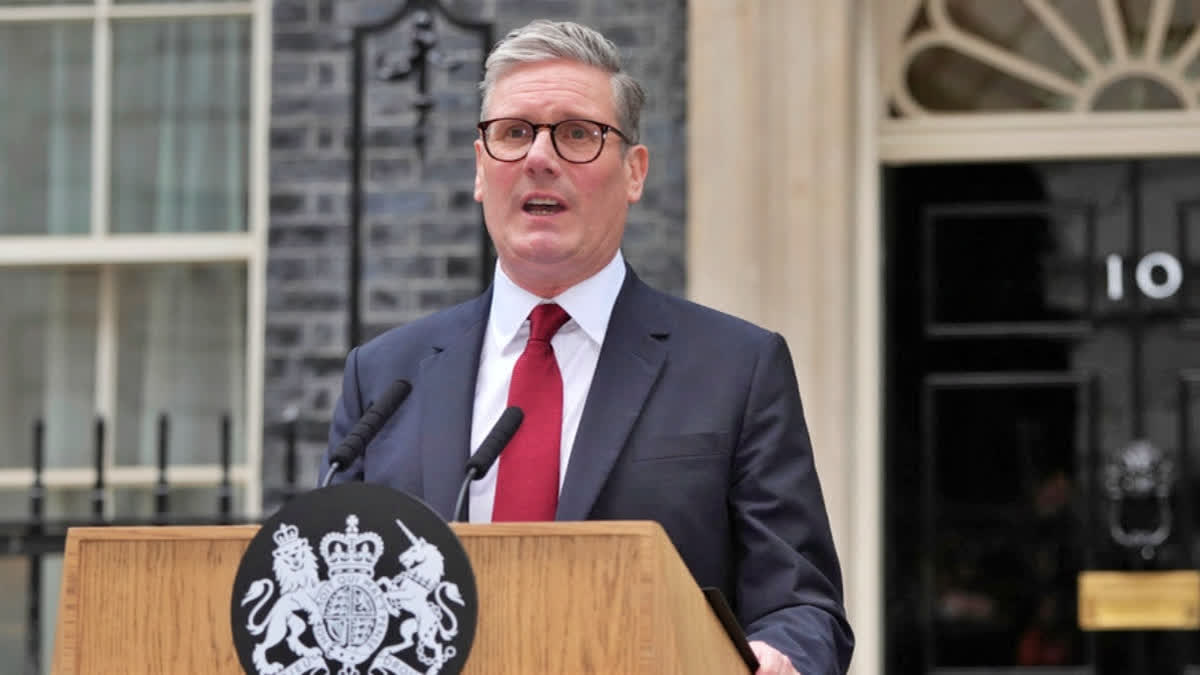
Held on July 4, the elections ended 14 years of Conservative governance, with Labour securing over 400 of the 650 parliamentary seats, their largest majority in decades. This outcome was attributed to widespread public dissatisfaction with the Conservative Party, particularly over issues like economic instability, rising costs of living, and internal party divisions. Former Prime Minister Rishi Sunak’s Conservatives suffered their worst defeat in history, retaining only 121 seats, a loss of 244 seats compared to the previous elections.
United States
Apart from the Lok Sabha elections in India, the world’s major focus was on the US presidential election this year. The election was held on November 5. The Republican Party’s ticket - Donald Trump, who was the 45th president of the US from 2017 to 2021, and JD Vance, the junior US senator from Ohio - defeated the Democratic Party’s ticket - Kamala Harris, the incumbent Vice President, and Tim Walz, the Governor of Minnesota.
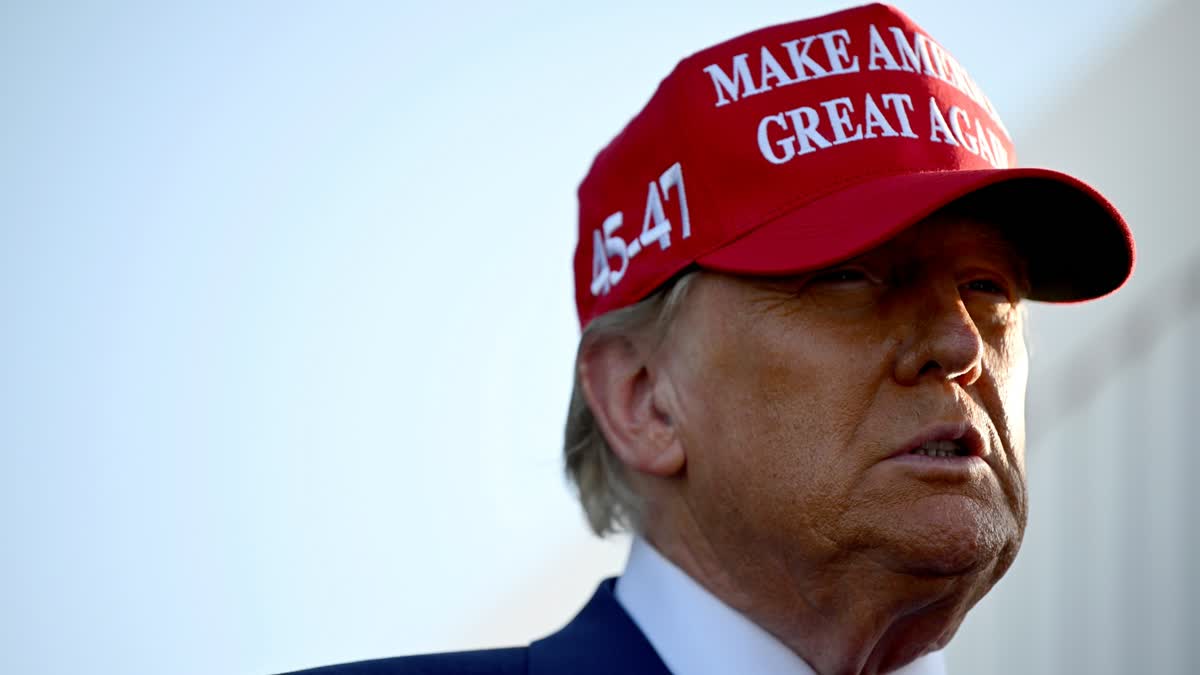
Trump and Vance are scheduled to be inaugurated as the 47th President and the 50th Vice President on January 20, 2025, after their formal election by the Electoral College.
- More Yearender Stories
- Yearender 2024 | Modi Returns, Rahul Finds Foothold: Revisiting The Grand Political Tamasha India Witnessed This Year
- Yearender 2024: Authors, Books And Literary Trends That Made Headlines
- Yearender 2024: Landmark Judgments By Jammu And Kashmir Courts
- Yearender 2024: Biohacking Caught On And Millets Went Modern, Know The Other Health & Wellness Trends



